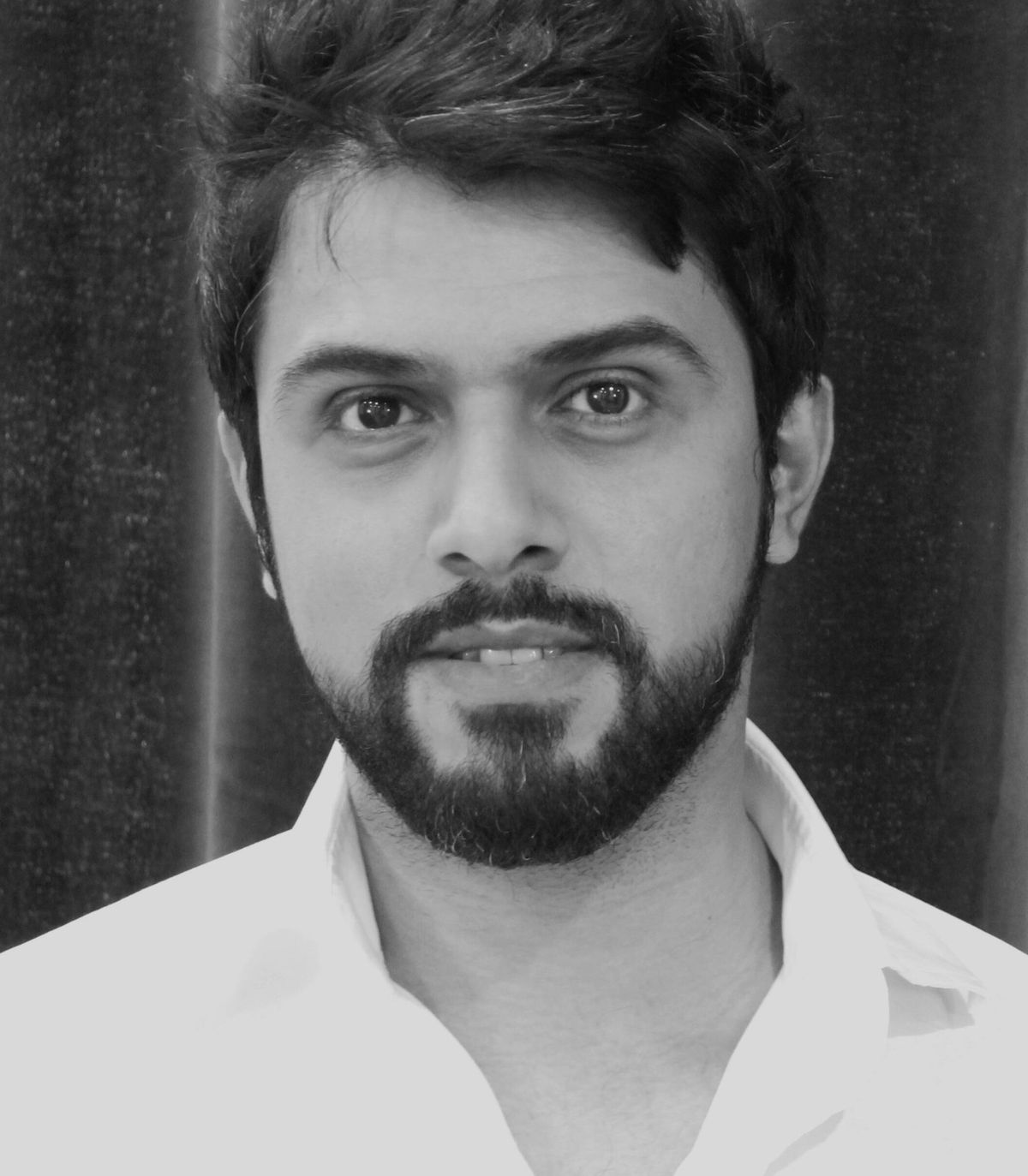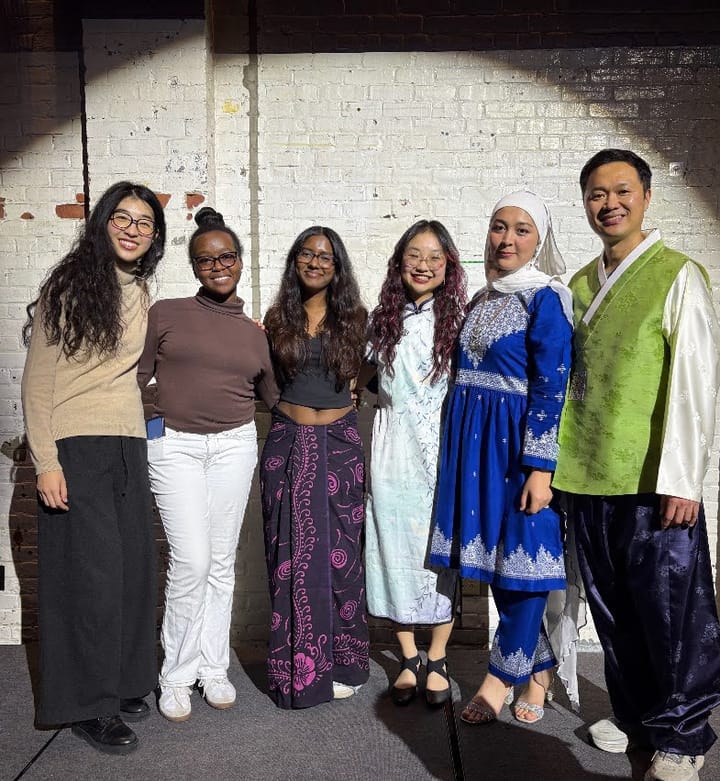College Celebrates Arabic Art in Night of Literature in Translation

On Thursday, Oct. 18, Amherst presented “An Evening of Arabic Music and Literature” in Cole Assembly Room — the first iteration of an event which the school hopes to make an annual tradition.
The evening brought a little bit of the Middle East to Western Massachusetts, with the moving music of the Layaali Arabic Music Trio, a reading and Q&A from Kuwaiti author Saud Alsanousi and his translator Jonathan Wright and a spread of traditional Arabic food brought from Hartford, Connecticut, combining to create a special atmosphere. The event had mass appeal for the Amherst community, as it drew over fifty Arabic speakers, scholars and students from Amherst, the Five-College Consortium and the greater Pioneer Valley.
The event’s main focus was the launch of a U.S. book tour for Alsanousi’s award-winning novel “Bamboo Stalk,” which won the 2013 International Prize for Arabic Fiction (IPAF).
According to the IPAF’s website, the prize seeks “to reward excellence in contemporary Arabic creative writing and to encourage the readership of high quality Arabic literature internationally through the translation and publication of winning and shortlisted novels in other major languages.” Thursday’s event was actually sponsored by IPAF as part of its first ever U.S. book tour.
IPAF trustee Michel S. Moushabeck introduced the novel by mentioning how the IPAF has already begun to pave the way for the promotion of Arabic literature by offering a $60,000 prize to the winner and $10,000 to the other shortlisted authors.
Alsanousi himself commented on the importance of the prize, saying, “The award contributed significantly and directly to the popularity and spread of Arabic literature primarily through the idea of a long list and short list, a global style of prizes not known in the Arab world.”
Jonathan Wright, who translated “Bamboo Stalk” into English, added that the prize money covers the cost of translation, “which means that more good books are available to English language readers … [and it helps] English-language publishers find books for translation.”
Furthermore, the IPAF has added to the movement of literary growth in the Arab world by promoting a previously-rare form of writing to Arabic speaking audiences: the novel.
“The novel in Kuwait today is a great development, with the emergence of many young names have a serious written project and raises important issues and questions,” Alsanousi said. “I hope that the literature of the Kuwaiti novel will achieve a global presence.”
Many students at Amherst have not had the opportunity to read about the Middle East, especially from the perspective of someone from the region who writes in his/her own language, despite the prominence of Middle Eastern immigrants in today’s political discourse.
However, language in translation provides a unique opportunity for the reader to identify with another culture and Wright attested to this fact. “Cultural differences, where they exist, can often be attributed solely to practical considerations — where people live and how they make a living,” Wright noted. “I find it reassuring, if sometimes rather surprising, that English and Arabic, which work in very different ways and share very little vocabulary, usually express ideas which are remarkably similar.”
In Alsanousi’s book especially, translation allows the global community to connect through shared emotions and experiences. “Bamboo Stalk” focuses on a Filipino-Kuwaiti protagonist, Isa, who was born to a Filipino migrant maid in Kuwait. Rejected by his Kuwaiti family, Isa grows up in the Philippines and only returns to Kuwait as a young man after the death of his father. The novel tackles issues of family, class, immigration and interfaith marriage, all of which transcend the Arab world and act as global motifs. Alsanousi’s ability to capture a character who is both Filipino and Kuwaiti adds to the universality of the text, as it allows him to “see Kuwait from the eyes of the other.”
This is the very reason the department of Asian Languages & Civilizations put this event together for the Amherst community — to help students transcend their own experiences by seeing through the eyes of others and searching for ways to relate.
At the event, Mohammed Hassan, senior lecturer in Arabic at Amherst, vocalized his wish that the success of this event will allow the college to bring an IPAF winner every year in hopes of achieving this goal.
Most powerfully, the event seemed to capture Alsanousi’s own desire to share his novel with Amherst students. “I hope that the novel will give them more knowledge, give them new ideas, introduce them to my country’s culture and raise questions about the novelist’s own inability to find answers,” he said. Not only does Alsanousi want to share his culture, but he wants his readers to question him too in the hopes of attaining greater understanding of human existence and knowledge.
Editor’s note: All quotes from Saud Alsanousi have been translated from Arabic.




Comments ()